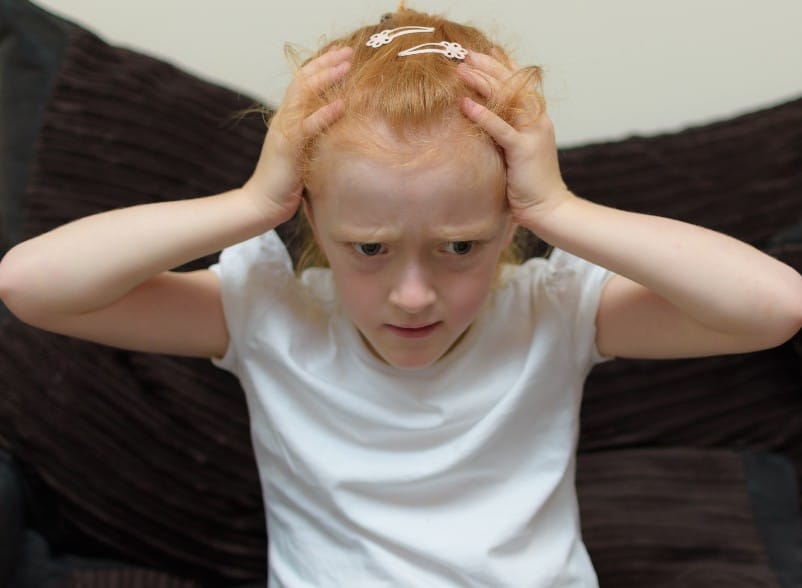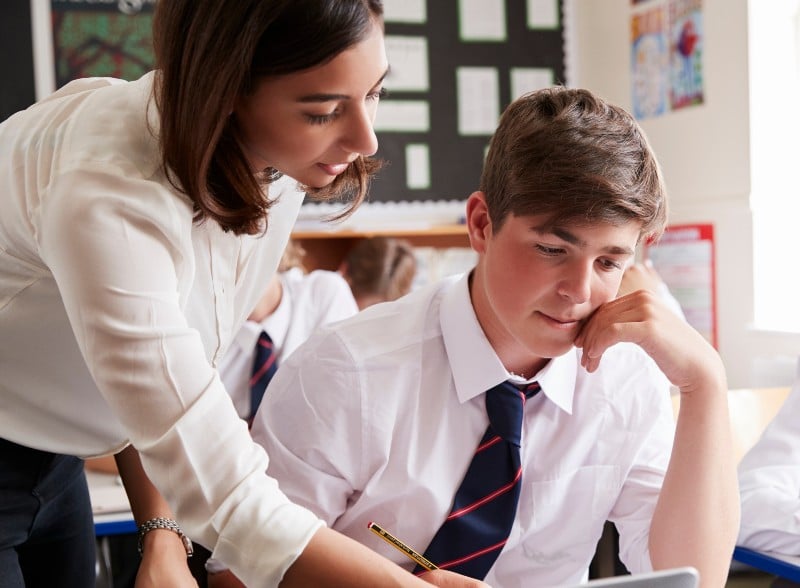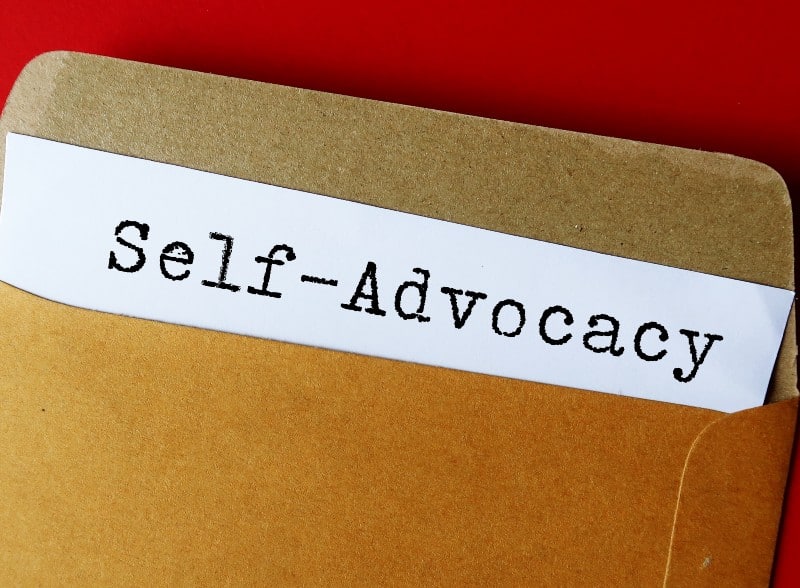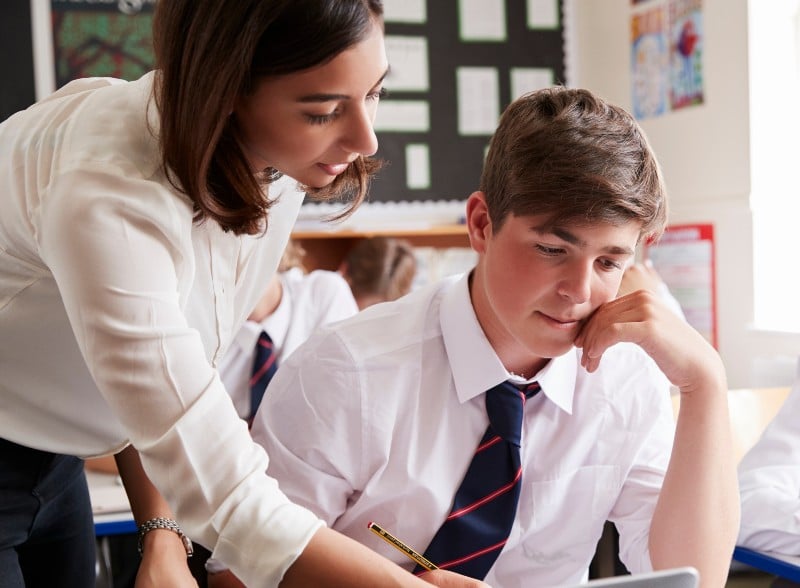
Autism Conference Talk: Holistic Support Tips for Autistic Children from a Specialist School
Take a tour around a London special school with Riverston School as they share the ways they support their autistic students. Join K’dee Bernard, Director of Sen, and Nicole Damala, Head of Therapy, for insight into a specialist setting and some tools that can be used in any school.












